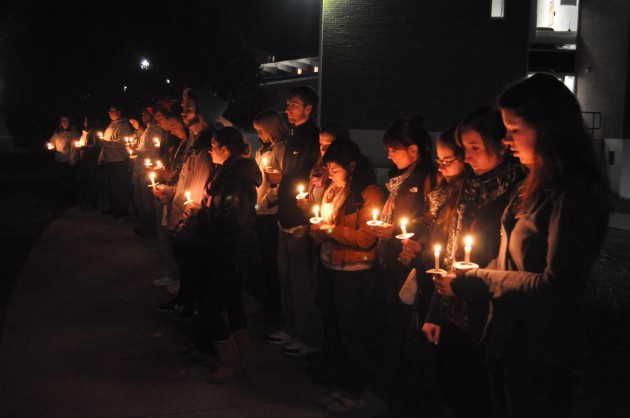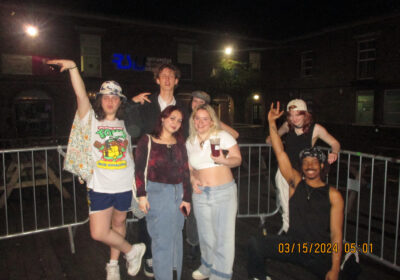Libya to hold free elections
The people of Libya now revel in their freedom having successfully overthrown a regime that lasted 41 years. The bloody civil war for Libya commenced Feb. 15 of this year after civilians protested against Muammar Gaddafi’s government in the wake of the Arab Spring movement.
Protests were met by military force. Hundreds of people were massacred as the country quickly spiraled out of control and into chaos. The United Nations and NATO intervened with foreign air strikes targeting pro-Gaddafi military resources. Cease-fire and no-fly zone demands were ignored as the Libyan military continued to attack its own people.
The National Transitional Council took over interim government control and is the only internationally recognized and legitimate government in Libya.
Their efforts are moving towards
free elections that will take place within 9 months.
Though Libya is now free questions still remain: How did Gaddafi die? On Oct. 20 it was reported that he was killed during his capture, but video footage shot on a cell phone showed him alive, bloody and tattered, in his final moments. Bodies of Gaddafi loyalists have been found throughout Libya and thought to be retributive killings, a war crime violation.
Human Rights Watch is asking the NTC to investigate both matters of revolutionary actions and others initiated by pro-Gaddafi forces.
Though Libya celebrates their freedom will Libya be capable of establishing a free state or will factions of the country attempt to gain control? Can the country work towards free elections? Does the military still have any control of the country?
Libya remains in a volatile position and if it can remain on a peaceful path to a freely elected state the taint of bloodshed on both sides can wash away. Should violence continue the revolution would become retribution and the state would have been built in the manner of Gaddafi’s final ruling days.
The Arab Spring genesis began in Tunisia and the country organized peaceful free elections in just five months. Surrounding countries have undergone political and state changes, rulers have been ousted and state emergency laws have lifted. However, protests and social disarray are still active in Egypt, Yemen, Bahrain, and Syria.







